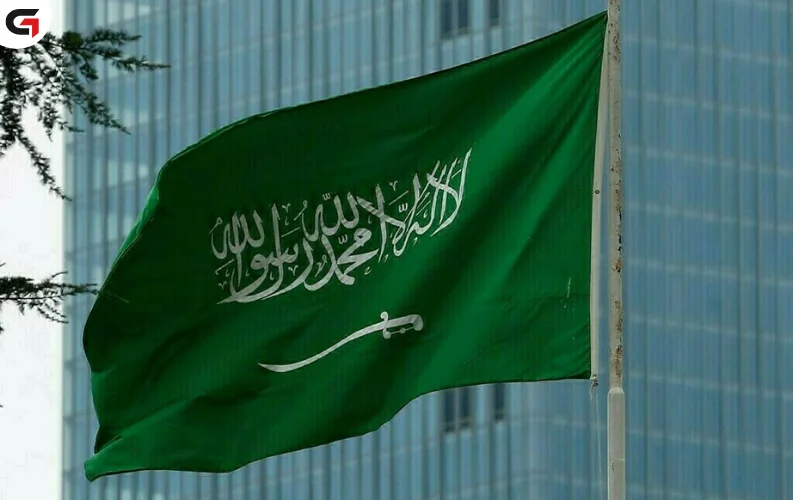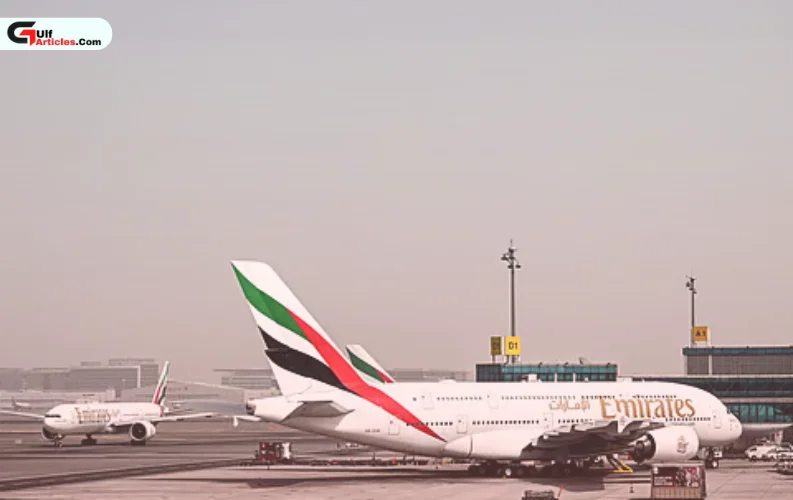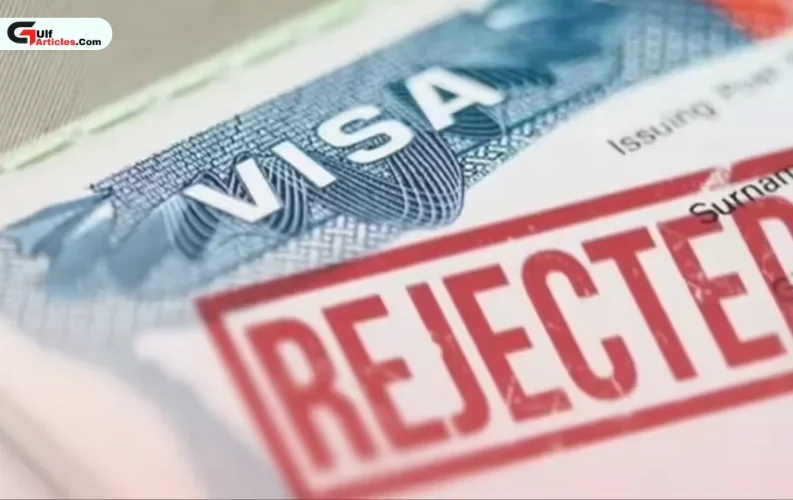Riyadh — Saudi Arabia reported a budget deficit of SR58.7 billion ($15.6 billion) for the first quarter of 2025, marking the Kingdom’s largest fiscal shortfall since Q4 2021, the Ministry of Finance confirmed Monday.
The deficit stemmed from a 10% year-on-year decline in total revenue to SR263.6 billion, while government expenditure increased by 5% to SR322.3 billion during the same period. The sharp imbalance reflects continued oil market volatility and Saudi Arabia’s commitment to high public spending under its Vision 2030 transformation strategy.
Oil revenues — traditionally the backbone of the Kingdom’s economy — fell 18% to SR149.8 billion, impacted by OPEC+ production cuts and a 15% drop in Brent crude prices, which averaged $75 per barrel. Meanwhile, non-oil revenues grew modestly by 2%, reaching SR113.8 billion, signaling efforts to diversify income sources are ongoing but still limited in offsetting oil losses.
The Q1 shortfall is more than triple the SR12 billion deficit recorded in the first quarter of 2024 and underscores mounting fiscal pressure in a year of slowing global demand and constrained oil output.
Saudi oil production averaged 8.95 million barrels per day during the quarter — a 1% drop from the same period last year — further narrowing revenue inflows.
Despite the widening deficit, the government emphasized its strategic investment in mega-projects and economic stimulus as part of long-term development goals. Analysts note that sustained infrastructure and social spending are essential for the Kingdom’s economic diversification, even at the cost of short-term fiscal strain.
This marks the 10th consecutive quarterly deficit, highlighting the delicate balance Riyadh must strike between fiscal prudence and economic transformation amid a turbulent global energy landscape.





















